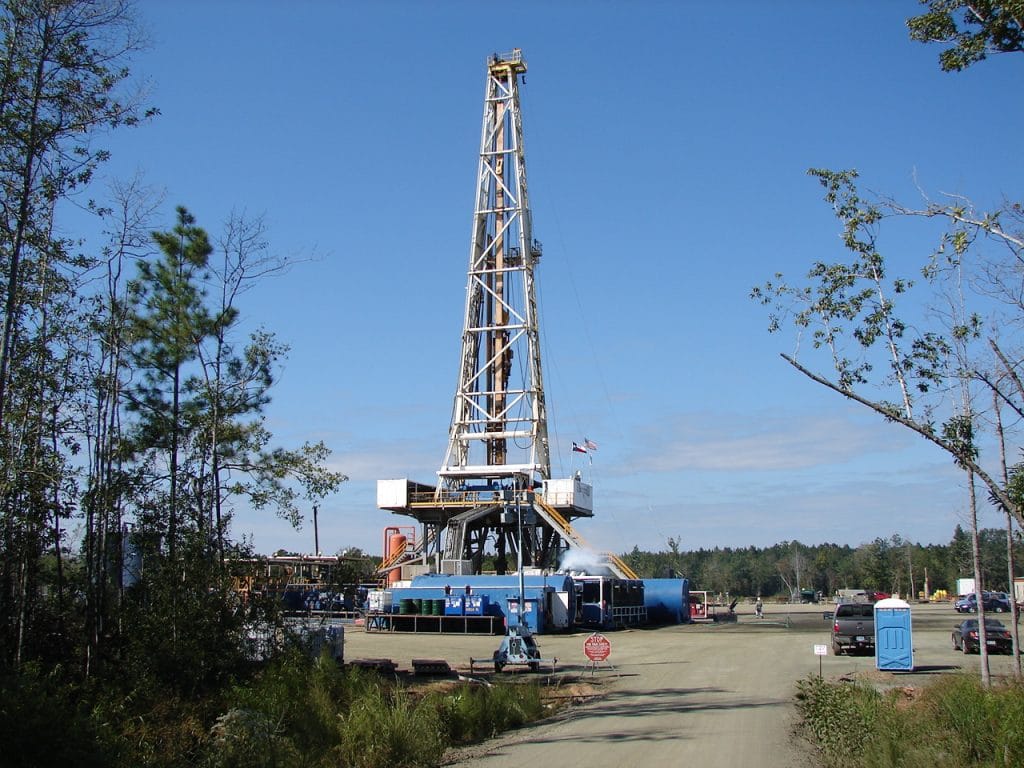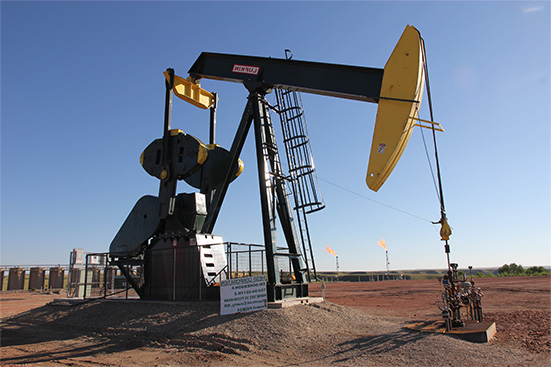
The world needs oil production for years to come. From keeping the transportation infrastructure running to powering businesses and homes, the economy is largely dependent on oil and gas.
Today’s consumers can pinpoint price fluctuations when it comes to oil and gas – when filling up their tanks or when they see their utility bill. These price changes may seem insignificant, but if you are interested in knowing more about the oil and gas investment opportunities in Texas, understanding the factors which affect the prices of oil and gas will help you have a more solid foundation and enable you to meet your objectives.
1. Supply and demand
Without a doubt, oil remains to be the number one most hunted asset in the world. It is – and always will be – a sound indicator and a driver for economic health, considering our dependence on it.
Supply affects oil price, and as with any commodity, demand also dictates price. For crude oil, the global demand is approximately $91 million barrels per day. The supply is generally kept below demand by around 1 million barrels per day. The commodity prices of oil and gas impact the magnitude of the development of oilfields and active new well development.
The supply of oil is affected by external factors, such as exploration and production, weather patterns, investments, innovations, as well as costs. For instance, technological advances made it possible for companies to extract oil from rocks, enabling the U.S. to become a major source of global oil supplies.
Vital factors affect oil demand. They include population growth, seasonal changes, and transportation. For instance, the use of oil soars during the winter months, when more heating fuel is utilized, and in the summer, when travelling is at its peak.
contact dw energy
Want to learn more about oil & gas investing? Our expert team can provide you with more information or schedule a consultation to talk about diversifying your investment portfolio.

2. Oil quality
Naturally, oil quality will impact its price. Oil that is considered to be high quality will meet environmental requirements and is easier to refine. You probably have heard of “sweet crude” when high-quality oil is mentioned.
3. Price fluctuations
There are many influences on the pricing of oil, and these factors – such as supply issues or the weather – may decrease or increase its price. What is important is the overall balanced price of oil. Prices will level out as soon as oil reaches its normal supply and demand levels, and price leveling will depend on the concern(s) that caused the imbalance and the length of time that it takes to address the issue(s).
Regardless of how the price of oil is determined, based on its use in countless consumer goods and in fuels, oil is a commodity that will continue to be in high demand. In spite of increasing oil costs due to the high demand, the usage habit of consumers does not change, and this keeps the general demand relatively high.
Investing in the oil and gas sector naturally comes with a certain amount of risk, but it also comes with the potential for high returns on your investment. If you are an approved and qualified investor interested in maximizing the potential benefits of oil and gas investment through direct participation, we can help. Contact us today.
Contact dw energy
Sources:
“How Do Supply and Demand Affect the Oil Industry?” Investopedia, https://www.investopedia.com/ask/answers/040915/how-does-law-supply-and-demand-affect-oil-industry.
asp
“Top 10 most traded commodities in the world,” IG, https://www.ig.com/en/trading-opportunities/top-10-most-traded-commodities-180905
